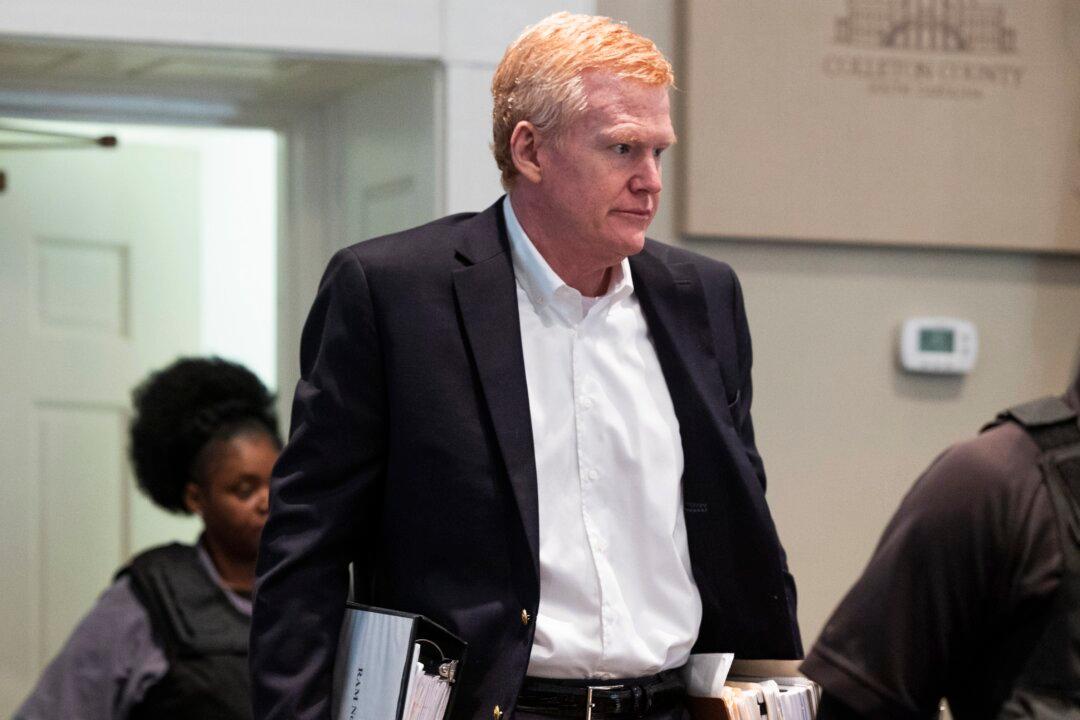A South Carolina jury found former attorney Richard “Alex” Murdaugh guilty of killing his wife and son on Thursday after merely three hours of deliberation, closing the six-week trial and one of the most high-profile criminal cases in the history of South Carolina.
The 12-person jury declared Murdaugh, 54, guilty on two counts of murdering his wife, Maggie, 52, and their youngest son, Paul, 22. Murdaugh had pleaded not guilty.





